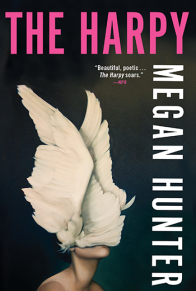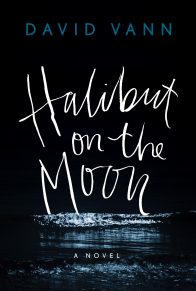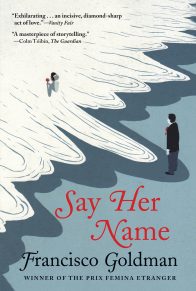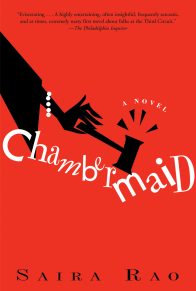“A thunderbolt of a debut novel . . . a vast fresco, both family chronicle and story
of the Great War . . . evoked with finesse and erudition.” —L’Express (France)
“Wonderfully alive–often terribly so–as a wartime adventure and story of youth arriving at manhood.” —New York Times Book Review
“[A] stunning debut novel . . . Riveting and heartwarming, Molesini balances a nuanced look at the nature of war with the minor triumphs and defeats that mark growing up and falling in love. Molesini’s moving and lyrical writing proves that Not All Bastards Are from Vienna belongs in the canon of great war fiction.” —Paste Magazine
“Wonderful.” —La Stampa (Italy)
“With formidable talent, Molesini gradually reveals a universe of love and hate, patriotism and everyday heroism.” —Le Monde (France)
“Molesini gives all his grace to the story . . . [with] great expressive power.” —El Pais (Spain)
“A great novel, one to read and reread for its abundance of broad and deep reflections.”
—Kult Underground (Italy)
“Molesini’s words are vital and transcend the rhetoric of memory . . . Behind this skillful work lies a collective vision, one that speaks for individuals no longer with us.” —La Repubblica (Italy)
“A novel of boundless beauty and tenderness, but also the overwhelming sadness and
drama of war in Europe during the first half of the twentieth century. A story, too, about almost unsung heroes, those who forged the dream of a continent.” —ABC (Spain)













